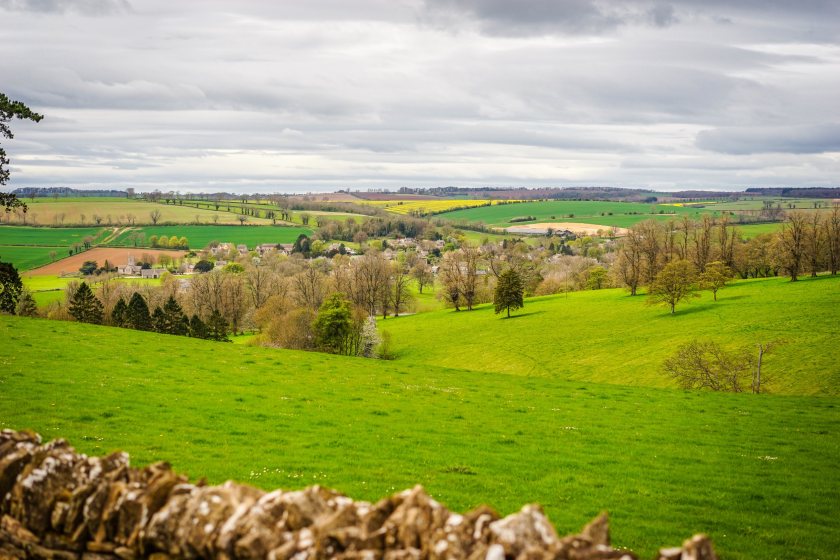
The Liberal Democrats have launched a 'Back British Farming' campaign, with a pledge to increase the agriculture budget by £1 billion at the centre of it.
The party, which is trying to garner support in rural areas, said it had a plan to 'save' British farming.
This includes a proposal to re-negotiate overseas trade deals and address the industry's worker shortages.
Its pledge to increase the overall agriculture budget by £1 billion would "trigger consequential funding" for devolved governments to spend on farming.
Lib Dem leader Sir Ed Davey said that the Conservatives had "sold farmers down the river" due to "botched" free trade deals with Australia and New Zealand.
Sir Ed said: “This Conservative government has left a legacy of failure from the NHS to British farming.
“British farmers are the best in the business, but Conservative neglect has left too many farmers on their knees. Rishi Sunak takes farmers for granted."
The party has also launched a dedicated campaign website, urging the public to sign its online petition to 'back our farmers'.
The website, which is similar to the NFU's public-facing campaign, says that farmers across the country are "worried about their future".
“They’re worried that the UK will be flooded with poor quality food that undercuts the food they produce to high environmental and welfare standards," it says.
“The Conservatives have sold out our farmers. Liberal Democrats back British farmers.”
It comes after the NFU recently called the general election 'the most important in a generation' for the future of British farming.
With just one month to go until the public vote, the union warned that the industry was currently 'under huge pressure' due to a variety of reasons.
However, if the next government 'gets it right', then British farming could 'grow' and 'contribute even more' to the economy.
Results from the NFU’s farmer confidence survey were published last month and marked the lowest confidence levels since records began in 2010.
The phasing out of BPS payments (86%), rising input prices (80%) and government regulation and legislation (80%) topped the factors farmers said would negatively affect their business.
